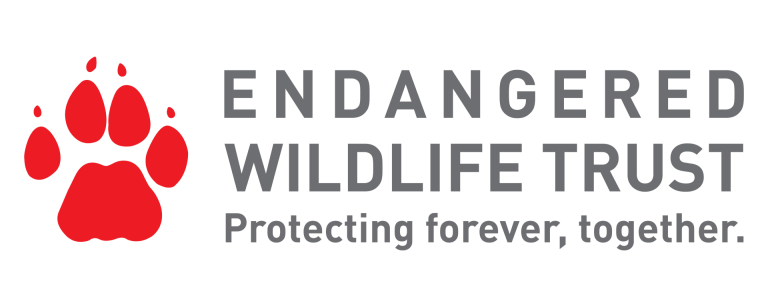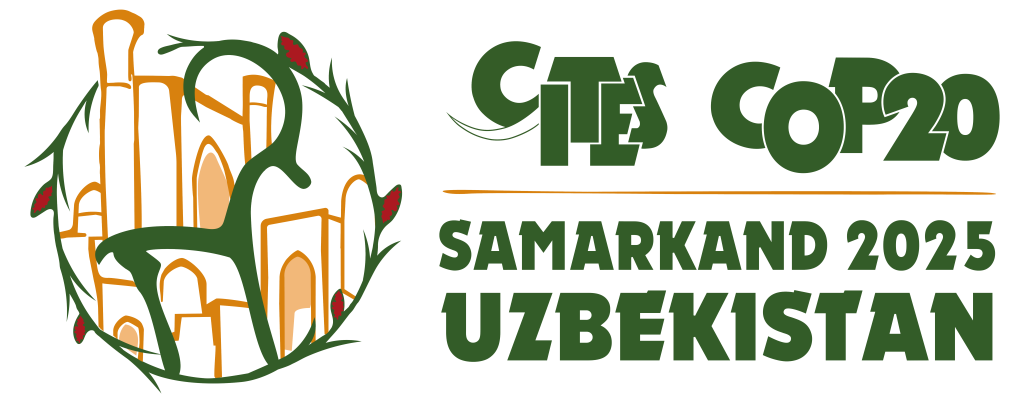South Africa
Founded in South Africa in 1973, the Endangered Wildlife Trust (EWT) is active throughout Southern Africa, as well as East Africa. The Endangered Wildlife Trust says that it exists to conserve threatened species and ecosystems. It does this, it says, by initiating research and conservation action programmes and projects. As a large regional NGO, it is active in many different arenas to defend wildlife, including protecting habitats and reducing trade related threats posed to birds of prey, big cats, pangolin, elephants, rhino and wild dogs.
The Endangered Wildlife Trust supports trophy hunting of elephants, big cats and other wildlife. Its official position states:
‘Trophy hunting is practiced in South Africa and many other countries through Africa where we work. It can be defined as the practice of selectively hunting wildlife based on the size of an individual or its physical attributes, such as horn size. By definition, trophy hunting rewards the hunter primarily with a physical trophy or photographs, and the experience of the hunt (here we do not consider so-called biltong or meat hunting). The practice is usually applied to large mammal and fish species. The EWT acknowledges the substantial financial contribution that the hunting industry makes to the South African economy.’
When it comes to protecting biodiversity, EWT runs four projects that are designed to help business and society achieve sustainable development that generate business and supporting services which help to develop society. Namely, Biodiversity Disclosure Project; Biodiversity Measurement Protocol; Mainstreaming Biodiversity into Business Toolkit National Business and Biodiversity Network (see: National Biodiversity and Business Network).
Leaders
Yolan Friedmann CEO
Governance
Board of Directors led by its chairman Dirk Ackerman.
Finances
According to page 65 of its annual report, its audited accounts for the year ending 30 June 2020 its revenue was Rand 68, 695, 081 and its expenses Rand 65, 944, 515.



